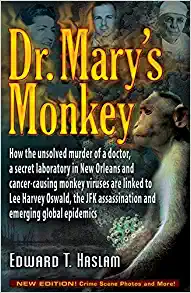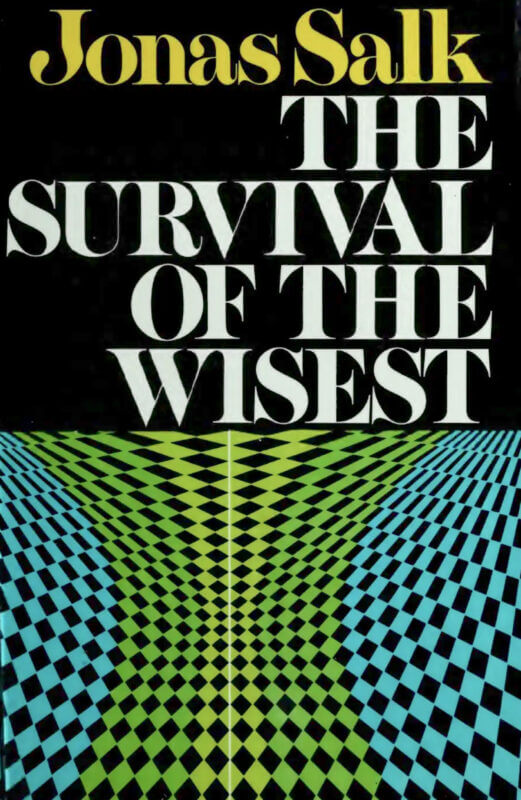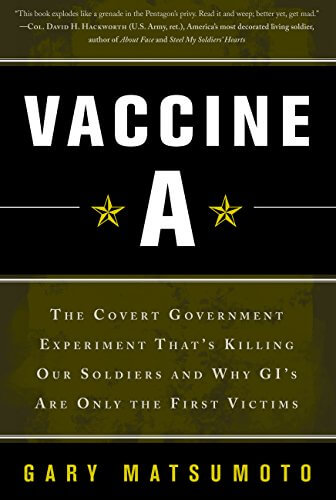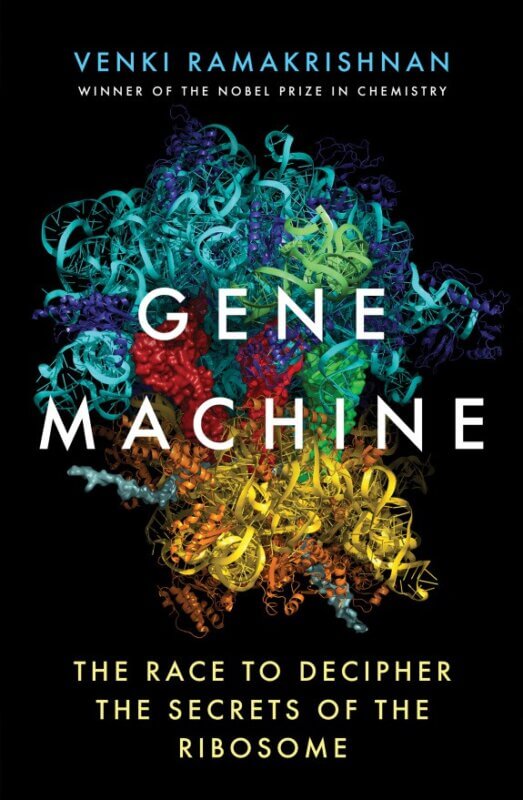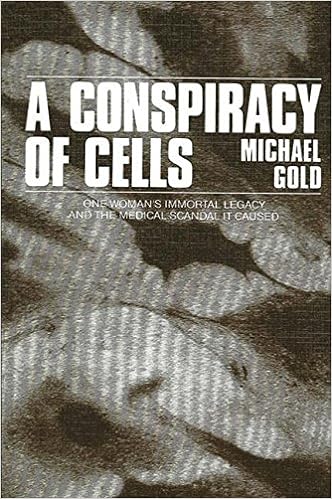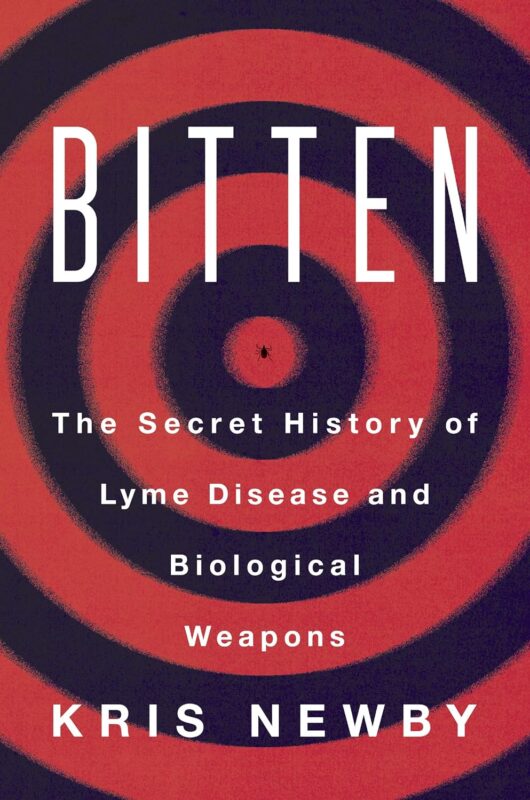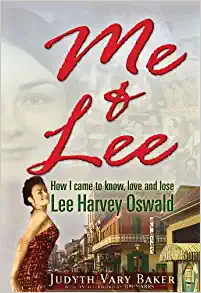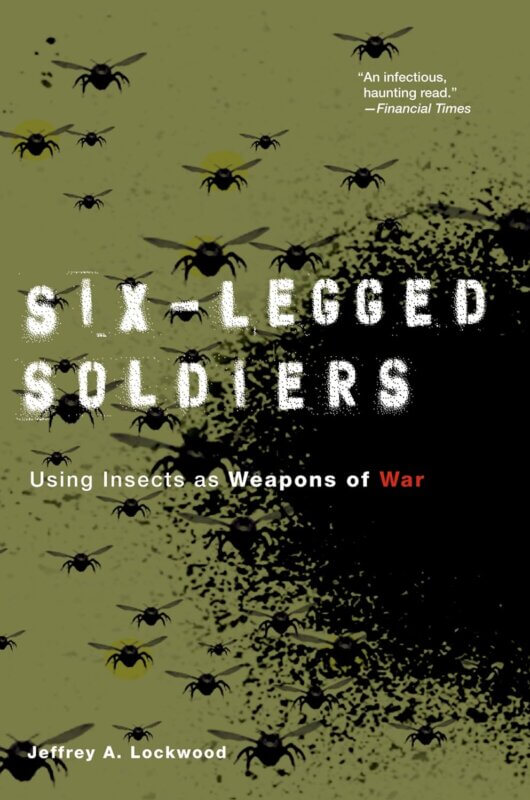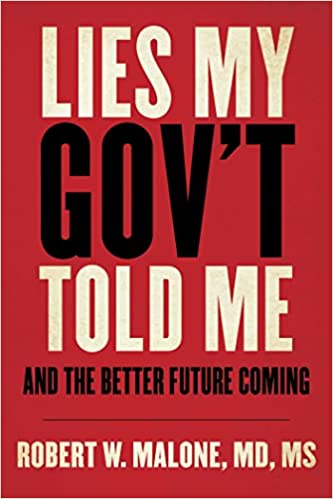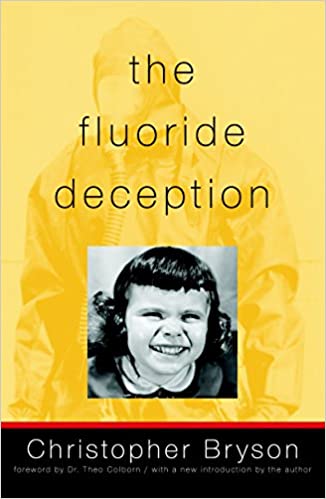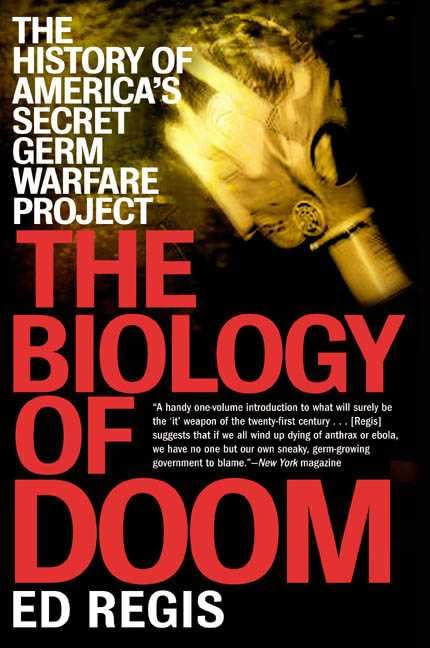
"The Biology of Doom: America's Secret Germ Warfare Project" by Ed Regis is a gripping and detailed narrative that delves into the dark history of America's covert biological weapons program. The book traces the origins of this clandestine project back to World War II, highlighting its peak, when it employed 5,000 people and conducted experiments on 2,000 human volunteers. The program included open-air tests on American soil, the spraying of cities with bacterial aerosols, and the stockpiling of bacterial bombs, all shrouded in secrecy.
Regis's book exposes the depth and scale of America's biological weapons development, contrasting it with the surveillance and condemnation of similar programs in other countries. It sheds light on the early projects at Fort Detrick, Maryland, and offers insights into the biological weapons programs of major global powers, including the United States, Russia, and Britain. The book reveals that while the U.S. and Britain adhered to a 1970s treaty to halt biological weapons production, Russia escalated its efforts.
The author provides a comprehensive overview of these programs, highlighting the human element of the tests and the individuals involved. The narrative is engaging, often reading like a historical novel, but is grounded in factual accounts. Regis touches upon the ethical dilemmas and potential dangers of such programs, sparking curiosity about the modern implications of these past experiments.
Critically, the book also raises questions about what remains undisclosed or unexplored, suggesting the existence of more secrets in the realm of biological warfare. It hints at ongoing biochemical operations and the potential misuse of biowarfare in contemporary times. The epilogue of the book creatively resolves key events and characters, offering a sense of closure while still leaving readers contemplating the broader implications.
Overall, "The Biology of Doom" is not just an account of a historical program, but a thought-provoking exploration of the ethical and political dimensions of biological warfare. It's an important read for those interested in military history, bioethics, and the shadowy intersections of science and government policy. The book's detailed and scholarly approach makes it a valuable addition to the literature on this subject, and its engaging narrative style ensures its accessibility to a broad audience.


